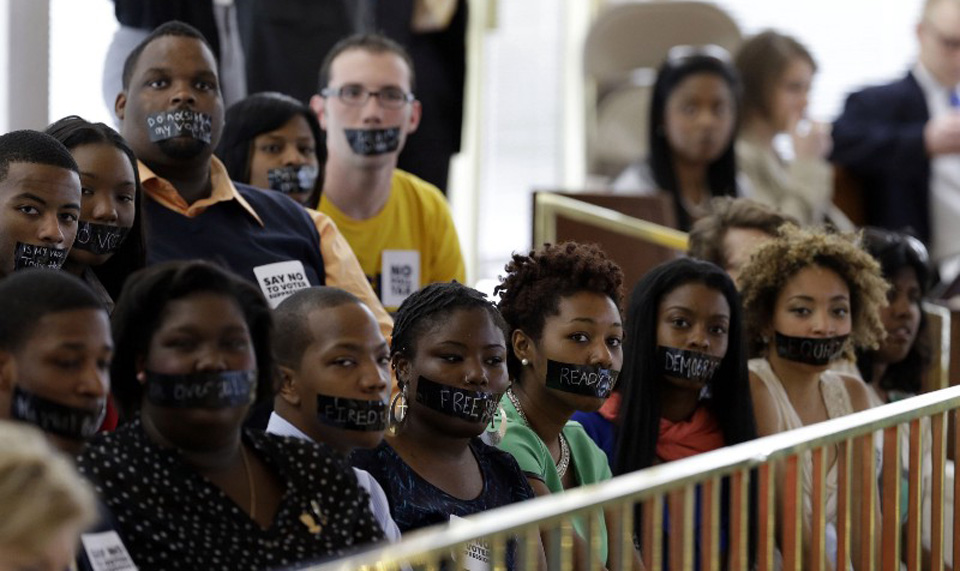Unlike many parents with three daughters, my parents didn't encounter much teen angst, defiance, and insolence out of my older sisters and I. We would always hear and see things about children rebelling against parental authority, but we didn't quite understand where it came from. I remember asking my mom why she this was so common. Both in regards to children and their parents as well as people and authority figures. What she told me was something that's stuck with me. She said when dealing with children there's a pretty simple formula one can adhere to:
Rules/Restrictions - Relationship = Rebellion
She said that a lot of the rules and boundaries we give to children, they may not understand. But if you have developed a trusting relationship with the child outside of just telling them what to do, they are more likely to abide by the rules because they trust that the restrictions stem from a place of love, care, and well-being. Another important part of that is making sure the child feels heard. Many of the grievances of a child may seem frivolous to an adult, but merely casting aside their feelings does little to alleviate their hurt or bring about any kind of solution.
A similar sentiment can be applied to the general public, especially as it pertains to governing a people. Suppression of the people's voice and frustrations is a sure-fire way to breed feelings of resentment, animosity, and indignation toward those in power.
This is why I believe
Stable Change is the most critical of the 8 values of Free Expression.
Stable Change is the idea that a society in which disgruntled and alienated citizens are allowed to vent and voice their frustrations is ultimately more stable because people will be less likely to resort to violence or other clandestine methods of rebellion. The idea of public dissent was a key principle in the founding of America and historically speaking, many coups and rebellions around the world were ignited through the suppression of the voice of the people.

No comments:
Post a Comment